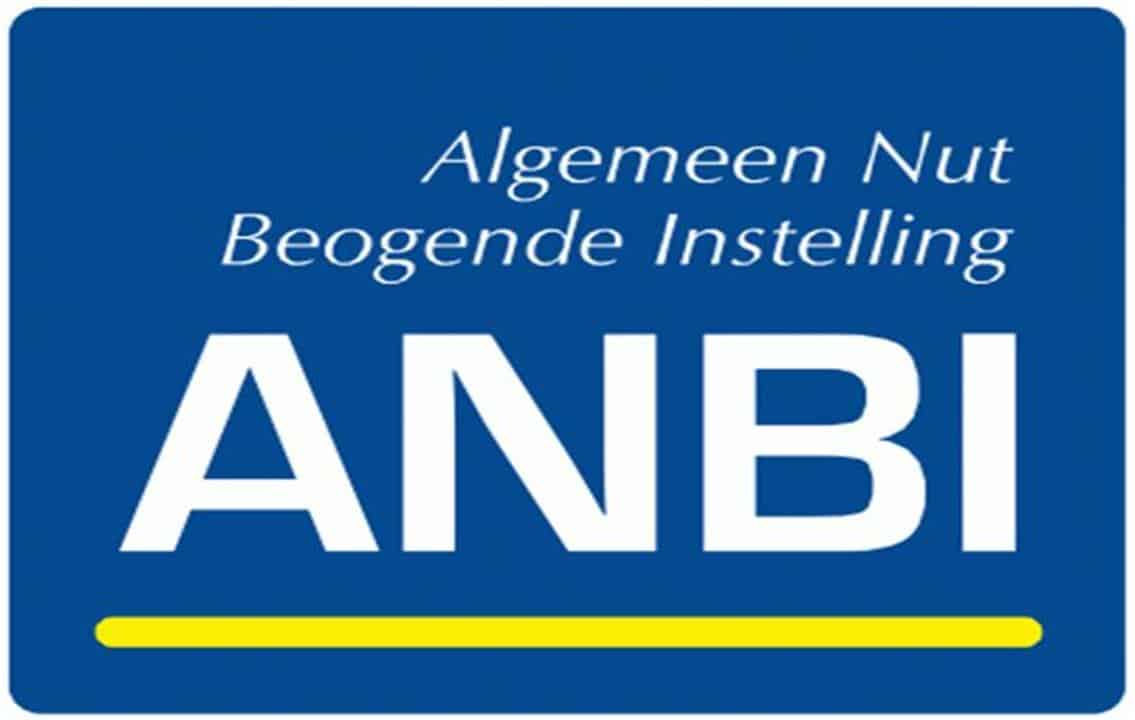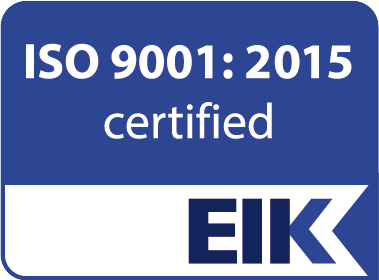Exchange between Youth Leaders of Tunisia and The Netherlands
 Dutch and Tunisian youth who are part of the Human Security Collective (HSC) project, Building Youth Resilience in Tunisia and The Netherlands, will be meeting each other in The Netherlands for a week between the 15th and 21st of August. This innovative part of the project will see the 12 youth leaders/mentors from Tunisia meet with their counterparts in Delft for a week of activities and learning exchange. The focus will be on learning from each other’s contexts and experiences of working on youth resilience in their respective communities. Also scheduled are meetings with local officials and practitioners to discuss policies on youth resilience.
Dutch and Tunisian youth who are part of the Human Security Collective (HSC) project, Building Youth Resilience in Tunisia and The Netherlands, will be meeting each other in The Netherlands for a week between the 15th and 21st of August. This innovative part of the project will see the 12 youth leaders/mentors from Tunisia meet with their counterparts in Delft for a week of activities and learning exchange. The focus will be on learning from each other’s contexts and experiences of working on youth resilience in their respective communities. Also scheduled are meetings with local officials and practitioners to discuss policies on youth resilience.
The project is centred around youth and their perceptions of local security with the aim of building social cohesion and community resilience. HSC is collaborating with community-based partners on this project: Free Sight Association in Tunis and Participe in Delft. The project, financed by the Dutch Ministry of Foreign Affairs, involves a selected group of teenagers from Delft, The Netherlands and from Tunis, Ben Arous, Kef, Siliana, Kasserine and Medenine in Tunisia who analyze the problems they see in their communities, and together develop ‘youth owned’ initiatives that aim to counter these problems. The local partners, Participe and Free Sight Association, will also be involved in the weeklong exchange.
For more on the project, see here.
————————————————
A Human Security Approach to Economic Security
 Christina Fidan, Research Fellow, Kadir Has University, Turkey explains in this article about how ‘[e]conomic security, which includes a series of monetary and non-monetary measures, promotes a more distributive justice approach to socioeconomic development.’ Key to this include strong local institutions, public sector reform, a fair operating environment for business and the removal of barriers for labour. This, in tandem with the provision of public goods and trustworthy relations between the troika that is communities, government and private sector, can help make lives more secure.
Christina Fidan, Research Fellow, Kadir Has University, Turkey explains in this article about how ‘[e]conomic security, which includes a series of monetary and non-monetary measures, promotes a more distributive justice approach to socioeconomic development.’ Key to this include strong local institutions, public sector reform, a fair operating environment for business and the removal of barriers for labour. This, in tandem with the provision of public goods and trustworthy relations between the troika that is communities, government and private sector, can help make lives more secure.
————————————————
OSCE-wide Counter-terrorism Conference, Berlin
 Human Security Collective presented its approach and work at the conference, the theme of which was ‘Preventing and Countering Violent Extremism and Radicalization
Human Security Collective presented its approach and work at the conference, the theme of which was ‘Preventing and Countering Violent Extremism and Radicalization
that Lead to Terrorism (VERLT)’ (31 May-1 Jun). The focus of the panel was on Civil Society Experiences in Preventing Violent Extremism, with HSC presenting its ongoing projects with youth in Palestine and now in Netherlands and Tunisia. On the panel with HSC in that session were Conseil Pour la Justice et la Paix (France), 180 Grad Wende (Germany) and the Violence Prevention Network (Germany).
Listen here for a variety of views on how to effectively approach the issue of violent extremism.
See here for Recommendations that came out of the conference.
As follow through, HSC will be working with the OSCE from this autumn on the development of its ‘Leaders against Intolerance and Violent Extremism’ (LIVE) training courses. These courses ‘will aim to increase the knowledge and influence the attitudes, intentions and behaviours of youth, women, religious and traditional leaders to contribute to preventing and countering VERLT’.
——————————————–
Mali: Addressing Root Causes
Human Security Collective (HSC) along with Norwegian Church Aid (NCA) and ICCO have received a five-year grant (2016-2021) from the Dutch Minsitry of Foreign Affairs, pending phase 2 approvals, to work on addressing the root causes of insecurity and conflict in Mali. The emphasis will be on how communities and civil society can contribute to enhanced human security and social cohesion, independently and in coordination with responsible institutions, and on how national and international actors can take responsibility for effective and inclusive mechanisms for peacebuilding and conflict prevention at different levels. The programme will focus on the four northern regions of Mali (Kidal, Gao, Menaka and Timbuktu) and on the district of Bamako where the focus will be on engaging with national and international actors.
received a five-year grant (2016-2021) from the Dutch Minsitry of Foreign Affairs, pending phase 2 approvals, to work on addressing the root causes of insecurity and conflict in Mali. The emphasis will be on how communities and civil society can contribute to enhanced human security and social cohesion, independently and in coordination with responsible institutions, and on how national and international actors can take responsibility for effective and inclusive mechanisms for peacebuilding and conflict prevention at different levels. The programme will focus on the four northern regions of Mali (Kidal, Gao, Menaka and Timbuktu) and on the district of Bamako where the focus will be on engaging with national and international actors.
HSC is pleased that its engagement with Mali to contribute to human security and a sustainable peace will continue even after its ongoing project, with WANEP and GPPAC, comes to an end over the next few months.
———————————-
Upcoming events:
Sep 21, London, UK: Financial Action Task Force (FATF) Mutual Evaluation Workshop
and Expert Meeting
The workshop will aim to facilitate a discussion on the experiences of NPOs in the FATF evaluation process, in order to identify good practice and challenges, and draw recommendations to improve the practical implementation of the process. This will be done by engaging stakeholders involved in recent evaluations (FATF evaluators, Governments and NPOs).The overall goal is to help the evaluation process evolve, and to discuss steps to improve the implementation of the FATF methodology and the training of evaluators with regards to Recommendation 8 and its Interpretative Note.
Sep 26, Dublin, Ireland: Workshop on FATF and its Effect on Civil Society Organizations
Given that Ireland is scheduled for an FATF Mutual Evaluation Review this year, the aim of this workshop is to get a good understanding of how the FATF system works, what the current issues at stake are for Irish actors, both State (Government, Charity Regulator, Garda Síochána, etc.) and NPOs; and to learn how NPOs can engage in the evaluation process. We will also share NPO experiences with recent FATF evaluations in other countries.
Time and venue: 1100-1500, Sutherland School of Law, University College Dublin.
————————————–




